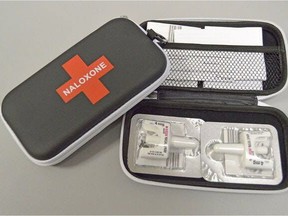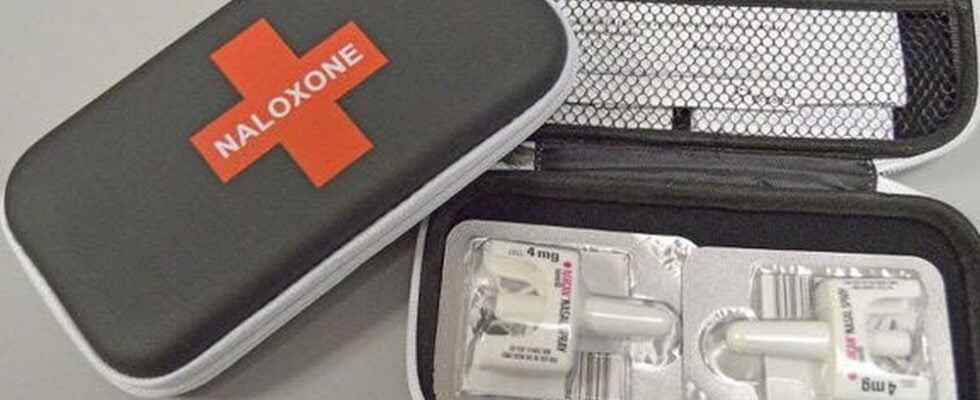In the midst of an ongoing crisis that shows no sign of waning, Chatham-Kent police have issued a public warning after three overdose deaths were reported in the community within a 48-hour span.

In the midst of an ongoing crisis that shows no sign of waning, Chatham-Kent police have issued a public warning after three overdose deaths were reported in the community within a 48-hour span.
It’s suspected the overdoses were caused by fentanyl use, police said.
With opioid use growing across the country – a crisis exacerbated by COVID-19 – substance abuse is often called the “second pandemic,” given its toll on the population.
April Rietdyk, Chatham-Kent’s general manager of community human services, said co-operation is needed across all sectors involving strategies that range from substance-abuse mitigation to taking on the root causes.
“Tackling the drug crisis in our community will require the entire community. No one organization or agency will ever be able to end the drug crisis on their own,” she said Friday.
“We all have a role to play – in everything from education and prevention, harm reduction, overdose response, treatment and recovery – and we need the voices of those with lived or living experience to guide all of us through this journey.”
On Thursday, Chatham-Kent’s police department issued a release urgent opioid users to carry naloxone, a medication used to temporarily reverse the effects of an overdose.
“The Chatham-Kent police, along with (paramedics) and Chatham-Kent public health, would like community members to be aware of the risks associated with drug use,” the release said.
Last September, Chatham-Kent council received a presentation from health officials about the scurge of opioids. In July, councilors threw their support behind a coalition of Ontario mayors in lobbying for the decriminalization of drug possession for personal use, with the goal of reducing harm and removing a barrier that prevents many from calling for help.
“I think we are doing the right short-term things. We have a naloxone program,” Dr. David Colby, Chatham-Kent’s medical officer of health, said Friday. “We need the feds to step up and decriminalize.”
Colby added there’s “broad agreement” that a two-pronged approach is necessary in order to properly address the issue.
This includes prevention of new addictions through awareness and improved prescribing by health=care practitioners. Colby estimated that 80 per cent of opiate dependence is a result of prescribed medications.
He said decriminalization of drugs, similar to what Portugal has done, would mean that “dependent people are not forced to obtain drugs from illegal sources.”
“They can be provided with legal, pharmaceutical grade, dose-controlled, safe injections free from criminal sanctions and financial ruin,” he said, “and by extension, free from the need to engage in criminal activities to support their drug purchases.”
This year, the Chatham-Kent’s hospital group is proposing a 10-bed residential withdrawal management unit, requesting a one-time grant of $500,000 from the municipality to assist with renovations.
The unit still needs approval from Ontario Health, which would provide the operational funding.
Rietdyk said she can’t say how many lives could be saved with a withdrawal unit, but added the facility would provide a valuable service.
“I did not know their own personal experiences, but what I can say is that those with lived experience and their families and friends have shared that having to travel to another city and be away from any of their support systems during such a vulnerable time is a significant barrier. And for many, this barrier is too hard to overcome,” she said.
“Community services, both public, grassroots and non profit, continue to support individuals and families dealing with drug and alcohol issues, but a residential withdrawal management program is another piece to the map on people’s road to recovery.”
Information and support for those with addictions, or their families:
